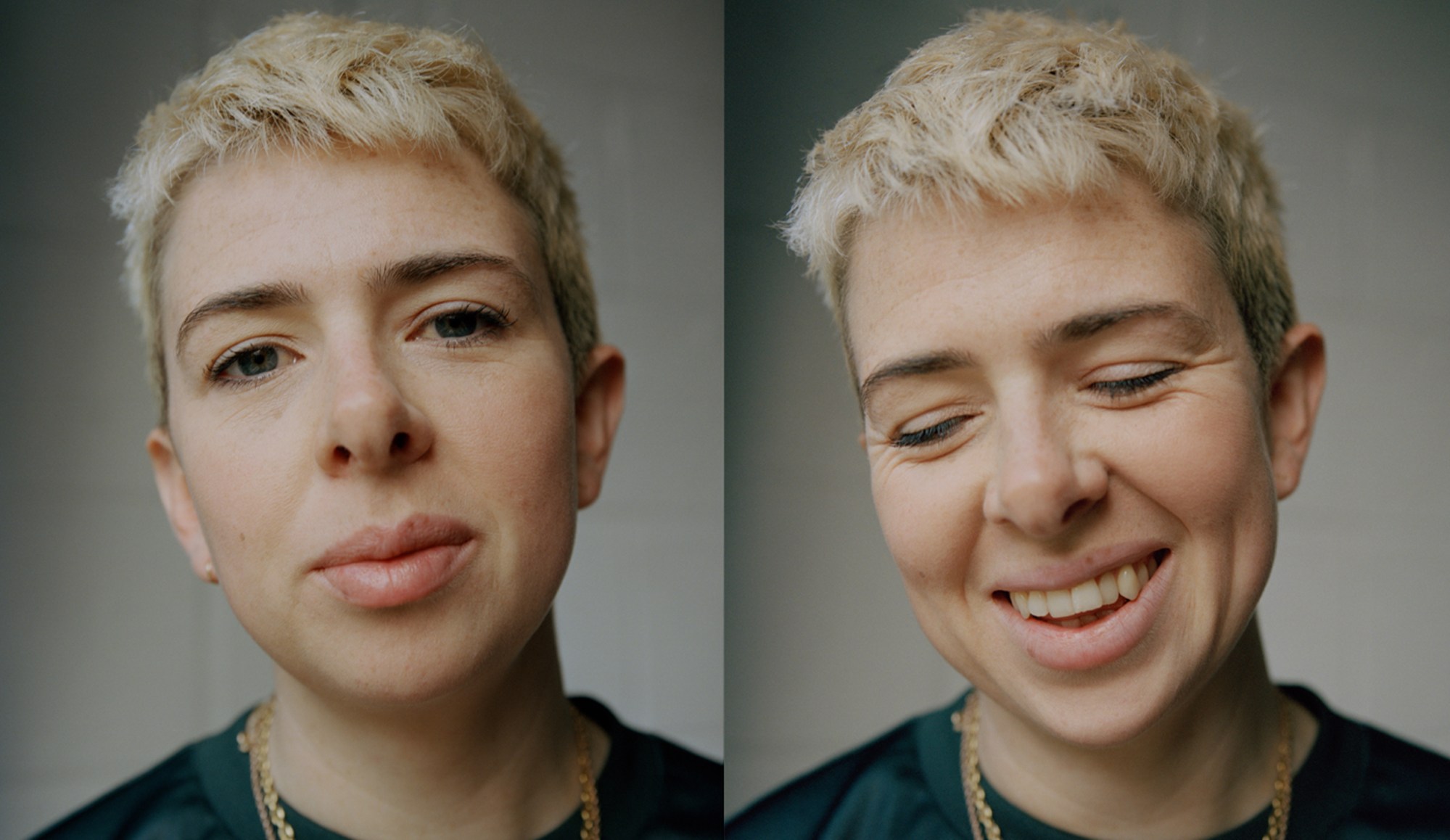Molly Manning Walker had just arrived in Rome when she got the call. Her debut feature film, How To Have Sex, was about to win an award at the Cannes International Film Festival in a matter of hours and she should probably be there to accept it. A week prior, “the most provocative coming-of-age film of 2023” had premiered to an eight-minute standing ovation, which the 30-year-old director celebrated by hosting a rowdy beach party before skipping town with some of the crew. She was feeling like a winner, but never imagined that the film itself — up against more traditional Cannes fare including a 3-hour long Argentinian drama and a documentary on the historical struggles of Brazil’s indigenous Krahô people — might actually win. Bailing on the road trip, Molly rushed to the airport, bracing herself for a race against time, only to find her flight had been delayed. Eventually arriving in Nice, she pleaded with flight attendants to let her off the plane first (she had an award to accept at the Cannes Film Festival!), but they didn’t believe her — who was this young Brit with a bleached crew cut anyway? Sprinting through the airport and past her suitcase as it circled the belt, Molly was fixated on getting a taxi to the Croisette. All the while, her phone was abuzz with messages from her producers demanding her location and her stylist, desperate to know what she was planning on wearing to receive one of the most important awards a filmmaker can win (Yorgos Lanthimos received the same accolade for Dogtooth).
Stalling for time in the Grand Salle Debussy, John C Reilly — acting legend, Head Juror of 2023’s Un Certain Regard selection and the person in charge of presenting the category — began to sing. For several surreal minutes, he performed Nat King Cole covers as the other nominees, lined up in suits and gowns, stood politely until somebody gave him the nod to say Molly had arrived. Announcing her name, heads spun to the back of the room as the filmmaker appeared through the door, jogging down the aisle in the same football shorts and fluorescent green T-shirt she’d thrown on that morning. She hugged the Step Brothers star, thanked everyone and leant over, hands on knees, catching her breath. “I just ran from Italy guys,” she managed to say, briefly sharing her thanks and hopes for the project, before launching into a riotous chant of ‘Ooh, ahh Malia!’, much to the bemusement of the other directors.
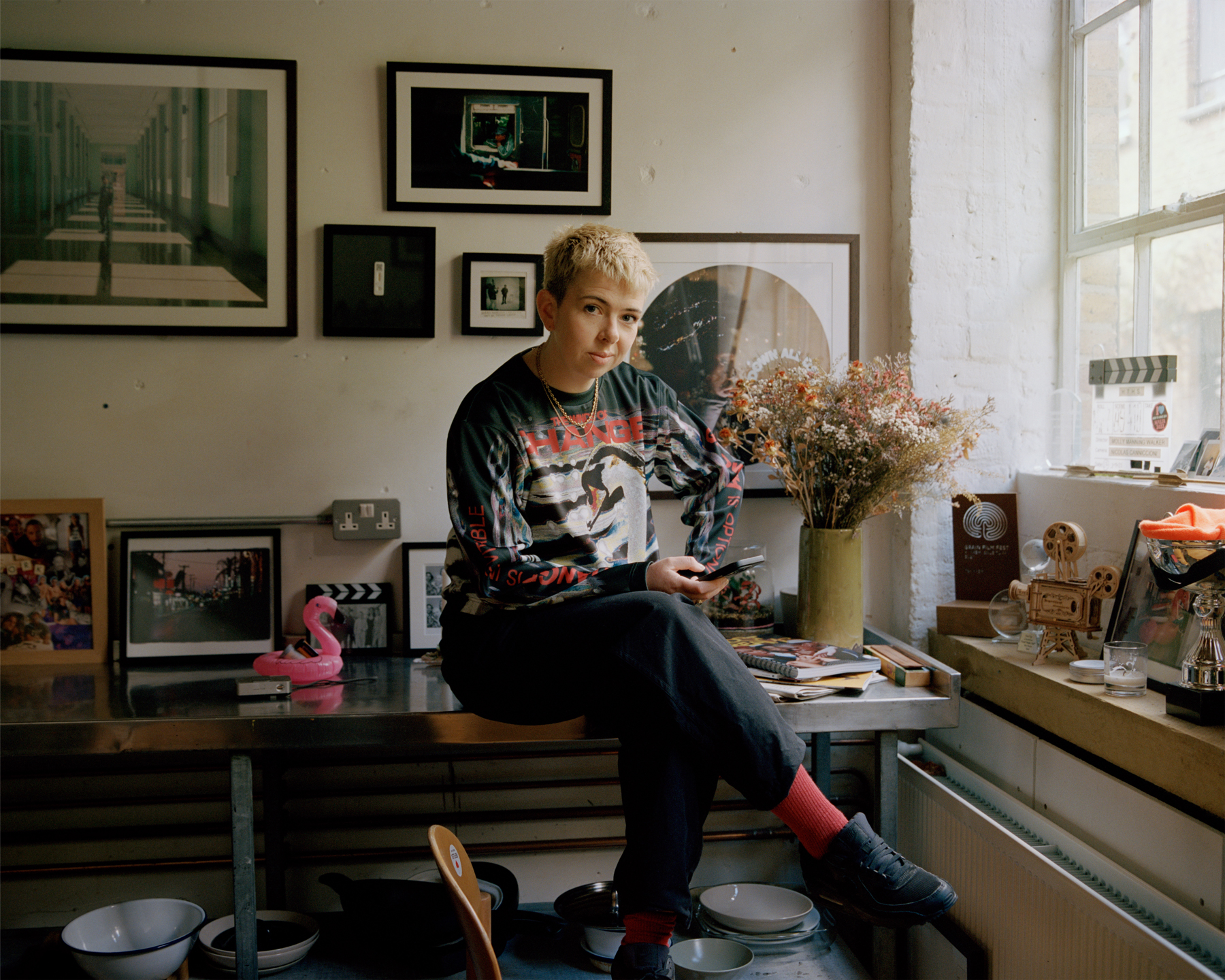
Molly’s How To Have Sex follows 17-year-old Tara, played by BIFA Breakthrough Performance longlisted Mia McKenna-Bruce, 26, as she heads off to Malia on a post-exam holiday with her two best friends. The Greek island resort town is a notorious Brits abroad hotspot for drinking, hooking up and letting loose in trashy clubs — and the teenage trio are set on leaning all the way into that. But Tara is a virgin, and while spurred on to change that as soon as she can, she’s hesitant. Cruelly, a series of encounters over the coming days will see her deal with the brutal complexities of consent. And while it doesn’t hold back on uncomfortable, all-too-familiar scenes of assault, Molly’s semi-autobiographical debut is, paradoxically, a lot of fun — a party film that faithfully captures British teens as they navigate the confusing realms of friendship, self-discovery and sexuality. It’s Skins meets Aftersun, with a Spring Breakers colour palette and alcohol tolerance.
Having come up alongside photographer and filmmaker Frank Lebon, as his close collaborator and cinematographer (the two of them shot A$AP Rocky’s “Sundress” together as well as endless fashion films), Molly is used to working unconventionally. “We still act like children when we’re shooting major campaigns, so creativity shines,” she tells us from her East London home, exhausted in between European film festival appearances, but still in a good mood. “I think I learnt that from him — whatever it is you’re working on, you can still be like, ‘Hm, but what if everyone… stands on their heads?’. Frank is just pure genius; we’ve got such a special relationship.”
Perhaps as a result, Molly thrives in chaos. After living in Malia for three months in the run up to shooting How To Have Sex — filmed in just six weeks, entirely on location — Molly decided to kick off with the party scenes. “We had like 300 extras,” she recalls, “and then we shot in the hotel for four weeks, where the most we had on set was eight people. The producers were like, ‘It’s mad watching you because in the middle of the club, you were in your element!” Molly laughs. “In the hotel, I was way more stressed because there’s not the pressure of hundreds of people looking at you; there’s time to overthink it.”

Molly — fresh from her role as Director of Photography on her friend Charlotte Regan’s award-winning Scrapper — had assembled a crew out of her most talented friends and collaborators, topped off with a handful of BAFTA-winning producers who knew what the hell they were doing. “It dawned on me this morning actually that it’s a lot of people’s first feature,” she says. “George Buxton, the costume designer; the composer, James Jacob; Luke Moran-Morris on production design; Fin Oates as editor. I realised that I chose people who had never done it before but who were top of their game. I never doubted them. It was more about getting people who understood what we were trying to do, and in doing that, we created a crew of passionate party animals.” Everyone was excited to be involved in the project on a very personal level, basically. “The film feels like that thing that we did — something none of us really knew how to do, but that we managed together. It’s kind of magical,” she adds. The cast too — Mia’s Tara is supported by Lara Peake’s Skye and newcomer Enva Lewis’ Em; while Samuel Bottomley’s Paddy, Shaun Thomas’ Badger and Laura Ambler’s Paige make up the friendship group they fall in with — aren’t exactly household names. The raw talent of this crop of next gen British actors though, and the accuracy with which they depict their familiar characters, is central to the project.
London producer James Jacob, who scored the film and provided musical direction, spent his early career touring the world DJing messy club nights, so knew exactly the combination of bangers and thrumming bass it called for; the knife edge between euphoria and chaos he had to capture. “We were talking about how at the beginning it should feel like Disneyland almost, in club land,” Molly says. “Like this ethereal, magical land that you get drawn into and are excited by. And then as you go on, you hear overlapping tracks and the bass is all over the place and you can’t sleep properly and you’re so hungover that it’s just a cacophony. The bass gets heavier and darker and more fucked up as you go.”
Assumptions might be drawn that, given the premise and the nausea-inducing amount of alcohol in the script, the cast and crew might’ve eschewed local clubs in their downtime. “I mean, I definitely had my little runaway quiet spots where I’d go eat sardines on the beach and read the script,” Molly smirks. “But yeah, we did party. I was completely sober the entire shoot but we’d still go to the club and it became… I don’t wanna say meta, but there was definitely an atmosphere that we could translate on set.”
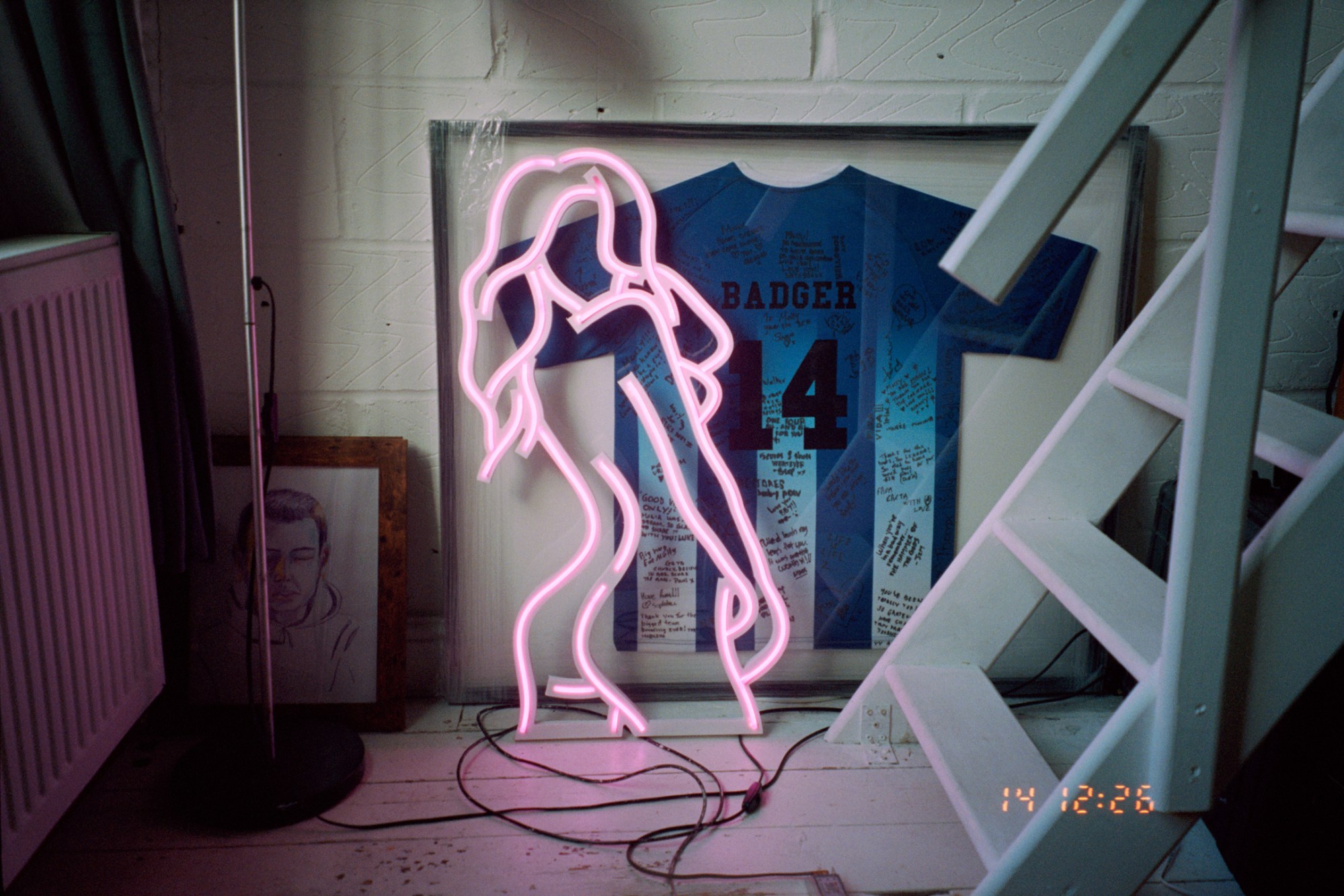
In Malia, they were a close knit family, coming together each Sunday on the beach to play football (Molly is also founder of Babe City FC, a London team for women and non-binary people in working in TV and film) and for BBQs and singalongs (“It was a real community thing”). But the experience was bonding in other ways too. Molly began to see the intentions behind her film — to normalise discussions around consent, to reshift attitudes — play out while it was still being made. “People were realising their own trauma while we were shooting it; it became really interesting as people’s thoughts unravelled in real time,” she says. People began questioning their past behaviours too, holding themselves to account. “It was kind of amazing because my whole process is to open up the conversation,” she says. “Seeing men, especially, realise that in front of me was really powerful.”
The production’s on-set therapy service came in handy. Unofficial group sessions materialised too, as did a number of quiet confessions direct to Molly. “Some of the people I was closer with on the crew would come to me like, ‘I’ve just realised this thing’,” she remembers. “So we became this really important crew for each other because we weren’t judging. I’ve been thinking about it recently as well, that as a masc-presenting woman, what I’ve learnt in the world in terms of how to hit on other women… we’re taught these behavioural things around what we’re supposed to do. You know, men are meant to be confident at sex and lead the way — it was kind of amazing to see it break down in front of us.”
For the young cast too, the subject matter weighed heavy. 22-year-old Samuel Bottomley, who plays Northern lad Paddy, told me at a lunch in Cannes how difficult the assault scenes had been to shoot. “They really, really fucked him up,” Molly confirms, adding that shooting them was just as uncomfortable as it is to watch them back as a viewer. “It was mad because we were a bunch of kids making a film and most of the time we were just wild and having fun, but that day you could hear a pin drop. Everyone was very emotional because so many people had either been through it or understood it in such an extreme way. It was intense.”
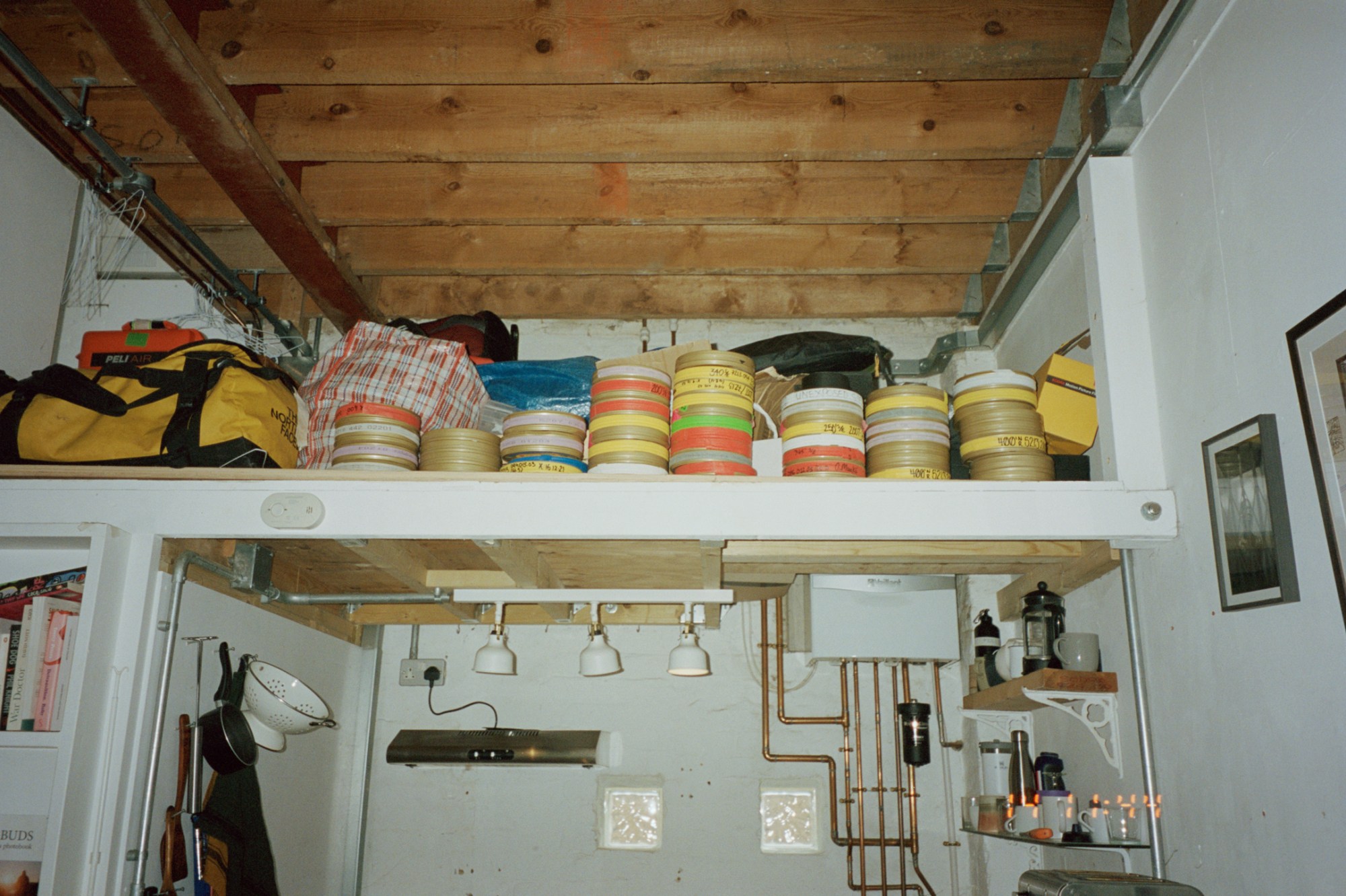
Molly was motivated to make How To Have Sex in the first place due to her own experiences of both reckless clubbing holidays and sexual assault. “When I was assaulted, I was 16 and really gobby,” she tells me. “I would walk into rooms like: I was assaulted. And it would just go silent — it would draw the air out of the room. There was so much shame involved in it because you’re like, ‘Hey! This major thing happened to me and I want to talk about it’, and people are like, ‘Nope, keep that to yourself’. I kind of feel the need to allow other people to do that. To be like ‘Yo, this thing happened and it was fucking terrible and we should all talk about it because if we don’t then how is this ever going to change?’” It’s why Molly’s so intent on getting the film in front of as many teenagers as possible.
When workshopping the project early in the process, she spent time with groups of 16 to 21 year olds. “Basically one of our financiers thought that the conversation around consent had moved on,” says Molly. “They were like, surely Sex Education, I May Destroy You… all these shows must’ve had an impact.” Not only had the focus groups not watched the shows, only a few of them recognised the scenes in the script as assault. “Then we had girls standing up saying: girls need to look after themselves more, they need to dress better, they need to not put themselves in these situations, they need to not drink alcohol,” Molly says. “It’s like, who’s told you this?! As soon as we took the research back to the financiers they were like, you need to make this film.”
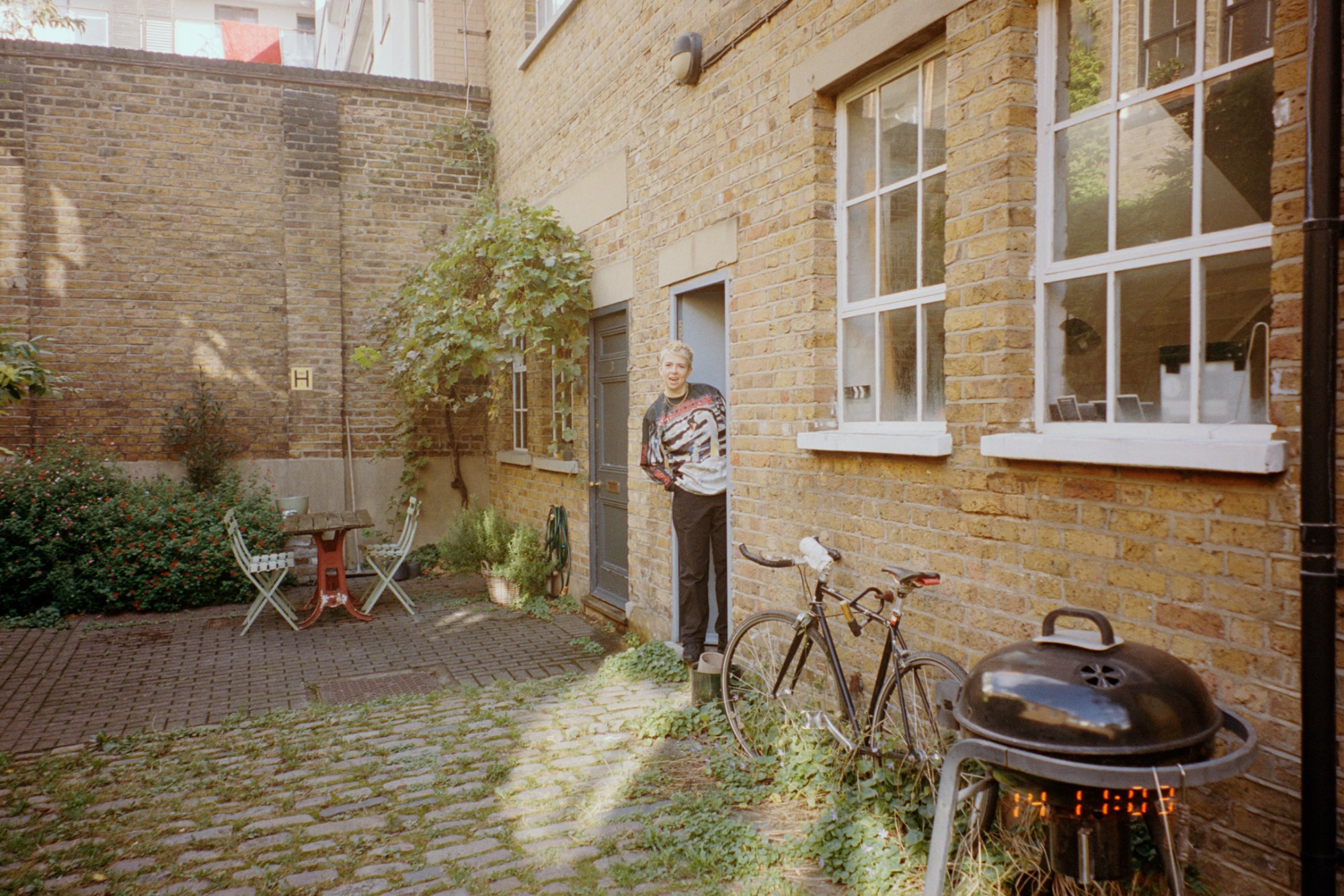
Molly’s team are planning to take How To Have Sex on a tour of UK schools with an accessible voice in tow to lead discussions. It had been her dream, she says, to have the film added to the UK’s sex education curriculum, something that’s proving difficult due to the fact that, in the eyes of the law, one of the assault scenes in the film likely isn’t considered assault at all. “I’m really conscious that we should stop talking about the law though,” Molly notes. “And I’m saying that from a very personal perspective, in that the law has never helped me or protected me around issues of consent. And I think if we talk about the law then the beach scene isn’t an assault, and that’s what’s really upsetting about it. But what we can say [in schools] is, ‘look how uncomfortable she is. Would you want to be in that position? Would you want one of your friends to be in that position?’”
Last month, Molly celebrated her 30th birthday by taking all of her friends out to Malia. They stayed in the hotel from the film and had a big night out at Apollo Club, where many of the party scenes were shot. It was a full circle moment for the director and an opportunity to invite her closest pals into what had been her world for the last few years. Molly’s something of a local celebrity on the strip now, having built genuine connections across the community.
With festival tours now wrapped up and release day fast approaching, Molly is already deep into writing mode for her next projects — a series with a cult American studio, as well as a film. “They’re both comments on the world as it currently stands,” she tells me. “They’re more like Trojan horses than about massive topics like this one.” Which is an important point to consider: How To Have Sex really does tackle a huge, murky, but completely important topic — and it does so incredibly well. Ripples of its impact are already being felt and it hasn’t even been released yet. Not a simple feat for your debut feature. “We’ve all learnt how to have sex wrong,” Molly says, stripping the issue down to its core and solving it all at once. “It needs to be a more loving space. We think of consent as too binary, just yes or no, whereas really we should be asking: is everyone having a good time?”
‘How To Have Sex’ will be in UK cinemas from 3 November and in US theatres from 2024. It will later stream on MUBI.
Credits
Photography Piczo
